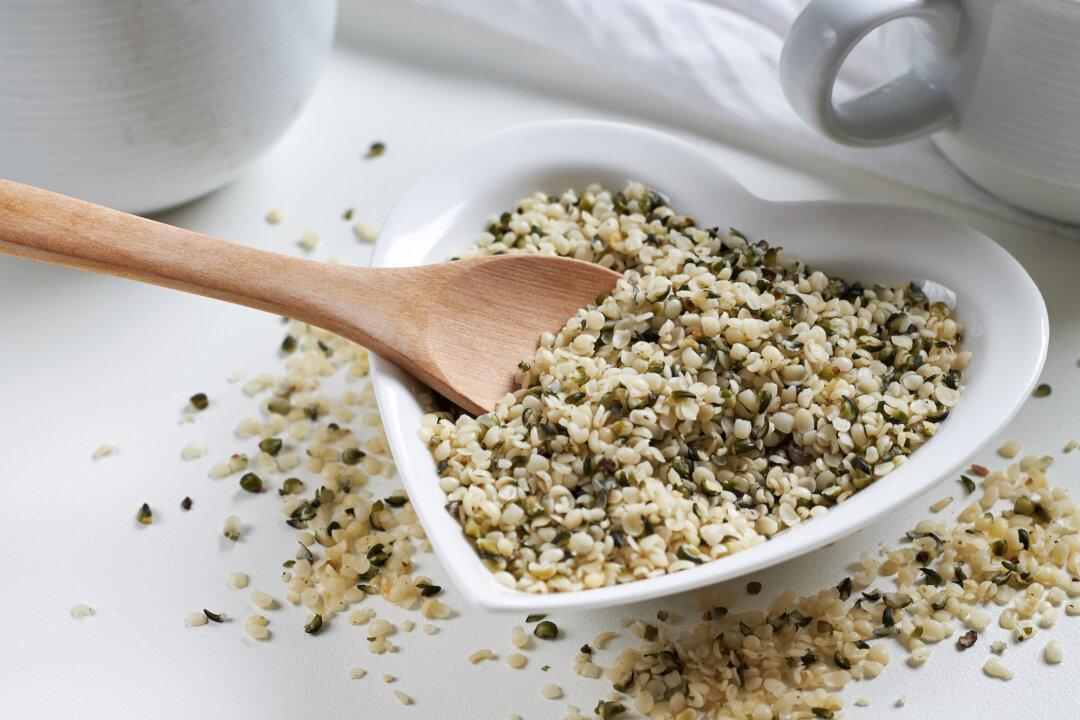When it comes to regularity, almost everybody needs a little help “moving things along” at one time or another. But for millions of Americans, the problem is not just an occasional “glitch” in routine but a frequent occurrence. According to a recent review published in Gastroenterology, 16 percent of Americans suffer from chronic constipation – with the odds rising to 33 percent for those over 60.

You can access the benefits of mangoes by adding them to smoothies, tossing them into salads, using them in marinades and jams, or eating them as a snack out of hand. Photo by ROMAN ODINTSOV/Pexels
|Updated:




